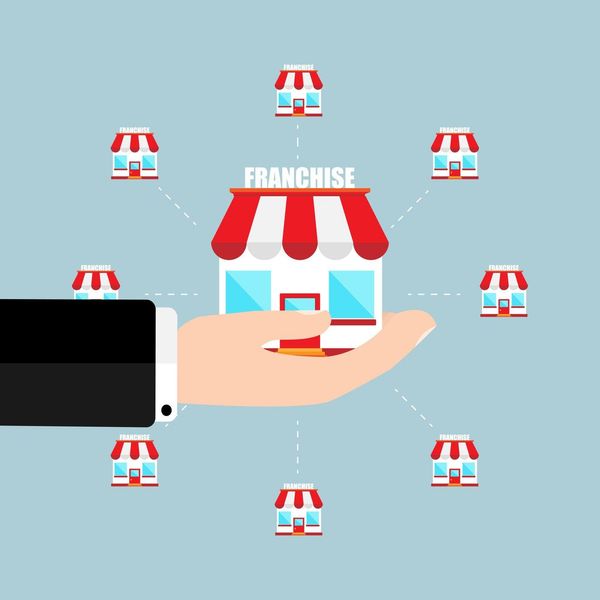
Five Reasons Why Franchises Fail
According to the U.S. Bureau of Labor Statistics, about 20% of U.S. small businesses will fail within their first year, and by the end of their fifth year, approximately half will be out of business. In contrast, franchise failures are much lower; some studies report that less than 5% of franchises fail—yet, some do fail.
The reason(s) for failure could be a number of factors, most of which could have been prevented by due diligence during the early phase.
Franchise failure: 5 reasons why
1. The idea
Whether you are franchising your own company or buying into a franchise system, how the concept is received by the community is critical. While hamburgers seem to have universal appeal, not all food chains meet with majority approval.
Also, if your business model is complicated, you are in for a struggle. You want to create an operational standard that can be taught to and replicated by any businessperson. A company may be successful when run by the entrepreneur who dreamed up the concept; however, if the business model or prototype is not easily duplicated, the chances for success are not so certain.
2. Bad location
Ask seasoned franchisees to name one of the most important keys to a successful franchise and undoubtedly they will say, "Location, location, location." Even with a well-branded name, if you are off the beaten path, inconveniently located, or in an isolated area, the opportunity to be as lucrative as possible diminishes and you may be facing franchise failure.
3. Poor marketing/advertising
Many well-established and reputable franchisors have marketing and advertising funds into which franchisees contribute monetarily. Chains like McDonald's and Subway have national campaigns, while other types of franchises may advertise on a local level; some franchise concepts require a lot of legwork on behalf of the franchisee.
Depending on the business you chose, you may have to solicit your own clients, as in technical and computer support franchises. If you are considering a concept that requires outside sales skills and you lack them, you may want to rethink your choice.
More articles from AllBusiness.com:
- Home-Based Franchising Is On the Rise
- The Power of Franchising
- Buyer Beware of “Recession Proof” Franchises
- 3 Biggest Challenges Every Franchisee Faces—And How to Overcome Them
- How Long Does It Really Take to Open a Franchise?
4. Competition
There are over 770,000 franchise establishments in operation in the United States. That means a lot of competition in many industries. If your market is already saturated with a concept, you may want to consider something that still is popular, but not yet tapped out.
5. Unrealistic expectations
New franchisees are notorious for having very high expectations for their businesses. However ,it may take two to three years before you see a profit, and if you don't plan for that, you may sink before you have a chance to swim.
Avoid franchise failure
A word to the wise: If you don't like people, you should not buy a franchise. If you want to make it, you have to put in long hours and work with all kinds of personalities. It's an undeniable fact that some people are more difficult to interact with than others.
As a business owner you need to be able to interact well with people from all walks of life. The ability to manage employees also is essential to the success of your business.
RELATED: Want to Start a Business? Maybe You Should Buy a Franchise



